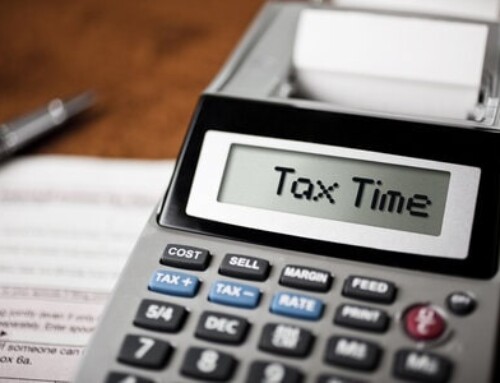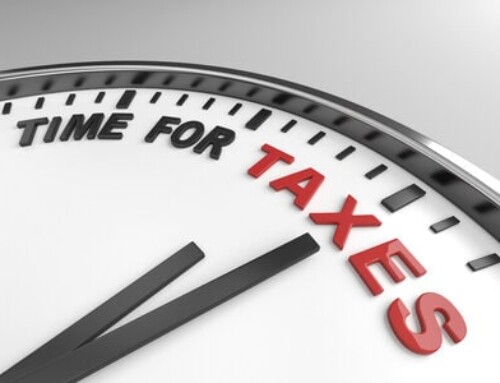Choosing a Tax Preparer
Choosing a tax preparer is important because tax preparation can be complex. In this article, we will go over the different types of tax preparers you can choose from. Then you can decide which is the best fit for your situation.
Prepare Your Taxes Yourself
You can do your taxes yourself using paper forms and a pen or with software, like Turbo Tax. If your returns are very simple, this may be an affordable and attractive solution for you. However, too often our firm finds self-prepared returns with mistakes, missed deductions, missed credits, higher tax liabilities, and lower refunds. We also work with many DIY preparers who receive a CP200 letter from the IRS. This letter indicates that you have missing or incorrect information on your tax return. This often results in additional tax preparation fees and penalties from the IRS.
Most individuals chose to prepare their own return because of the cost of using a professional. Unfortunately, we often see this method cost people money in the form of additional tax preparation fees and penalties from the IRS.
Use a CPA (Certified Public Accountant)
CPAs are well-qualified tax preparers. They have a comprehensive education and experience. Additionally, they must complete continuing education courses that keep them sharp and up to date on the most current tax laws. These individuals can prepare even the most complex of tax returns.
Their main limitation comes down to out of state representation. Since each state is in charge of the licensure of their CPAs, if you need representation for an out of state return, your CPA will not be able to help you. If you live in Australia and are looking for help with taxes, you could search for Tax Accountants Wollongong, or wherever is local to you.
Use an EA (Enrolled Agent)
An Enrolled Agent is a designation overseen by the IRS. To qualify individuals must pass a rigorous three-part competency exam. They also must complete continuing education each year and pass background checks. They can advise, represent, and prepare tax returns for individuals, partnerships, corporations, trusts, and any entities with tax reporting requirements. EAs have the authorization from the United States Department of the Treasury to represent taxpayers before the IRS for audits, collections, and appeals. This is the only tax preparer designation that has no set limitations on their right to practice. This places them in a unique position to represent any individual, regarding any tax situation.
Choosing Your Tax Preparer
Which type of tax preparer will work best for you will depend on your situation and budget. Do your homework before you schedule an appointment. Learn about your tax preparer, read reviews online, look into potential discipline, check the Better Business Bureau, and ask about their education and experience.
Questions? Want to schedule an appointment? Contact us by clicking here.







Leave A Comment
You must be logged in to post a comment.